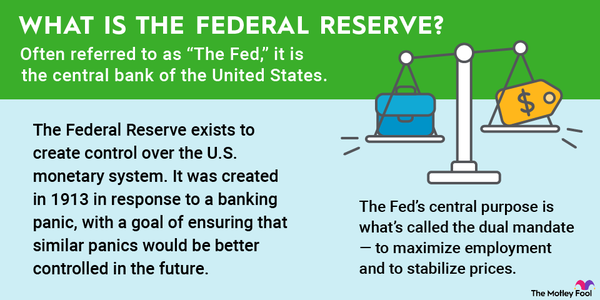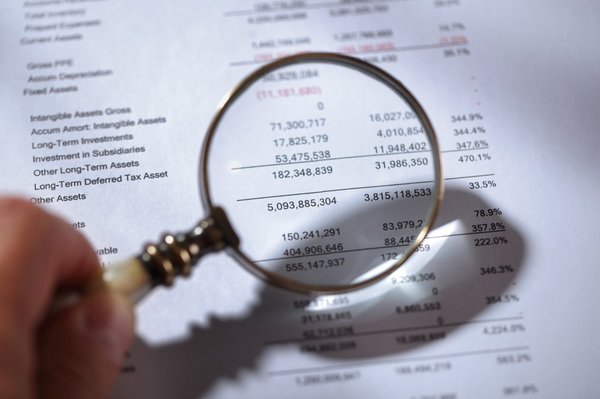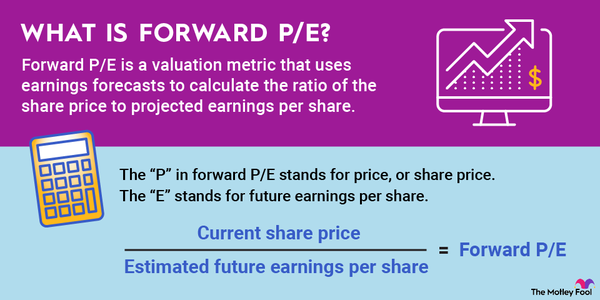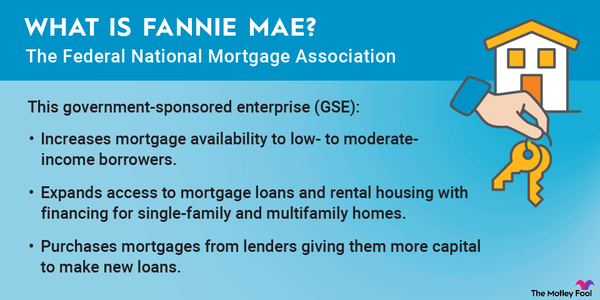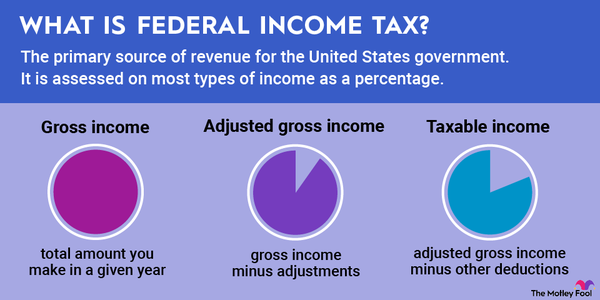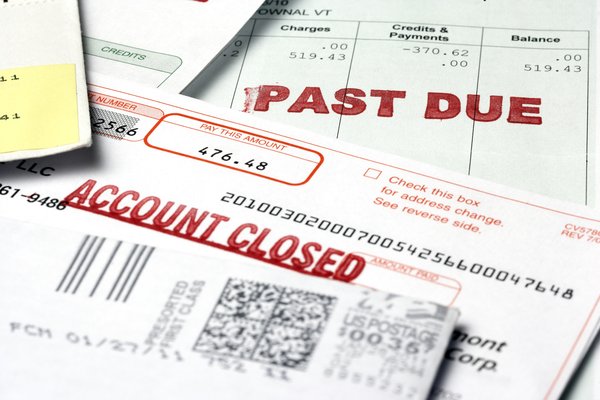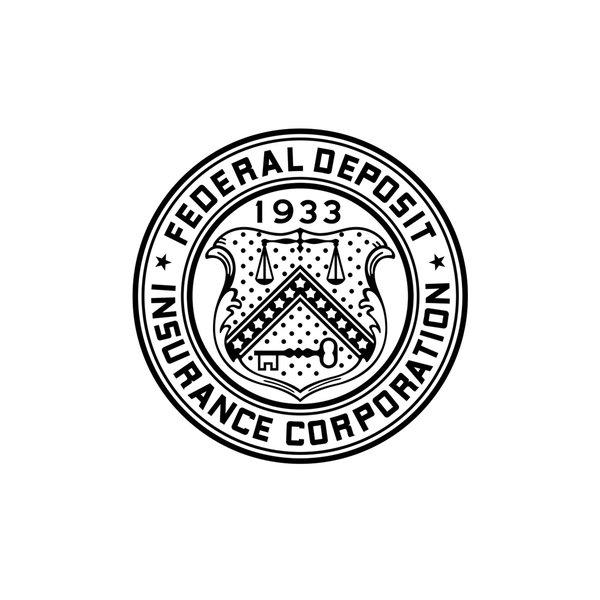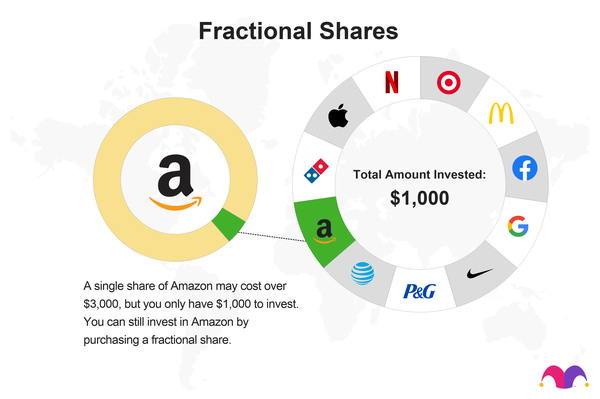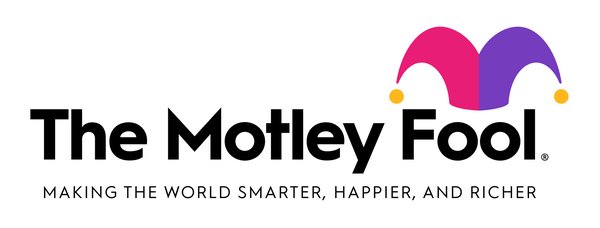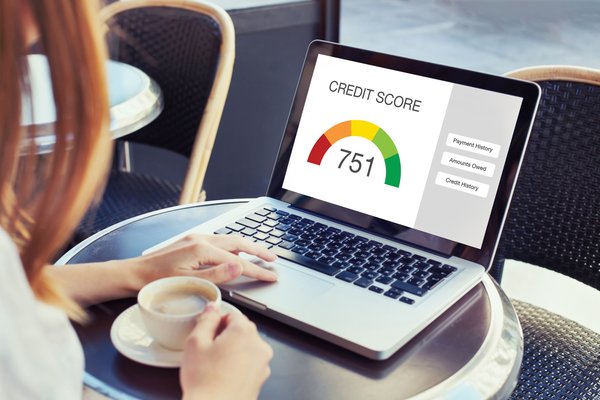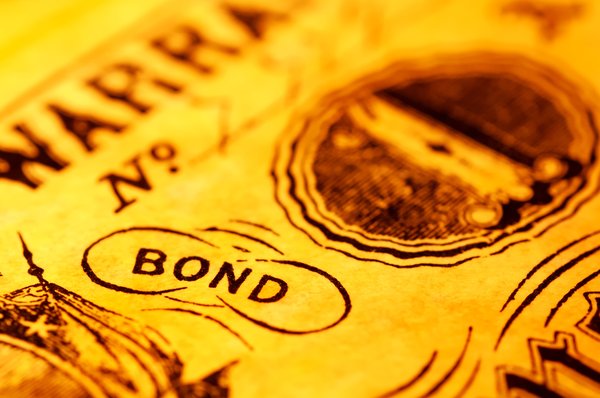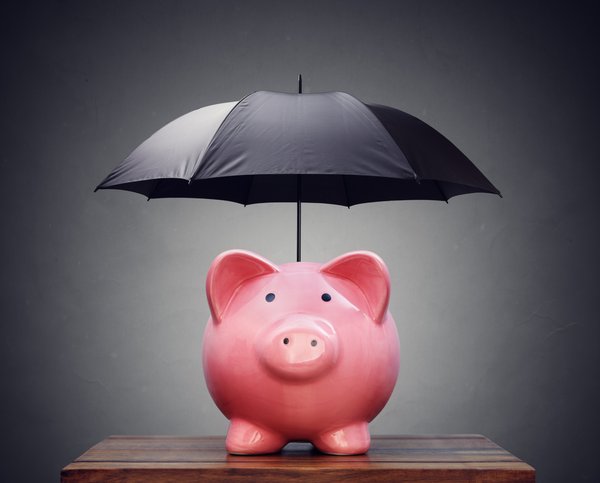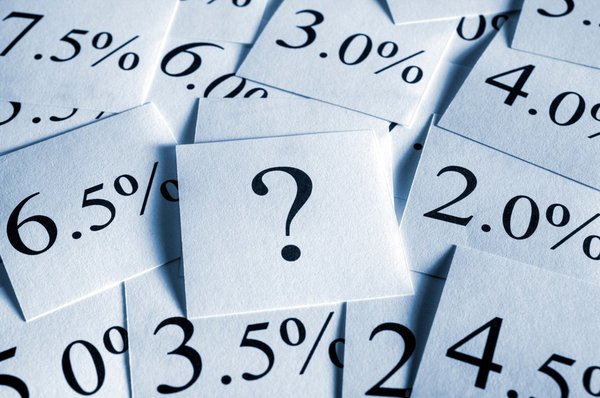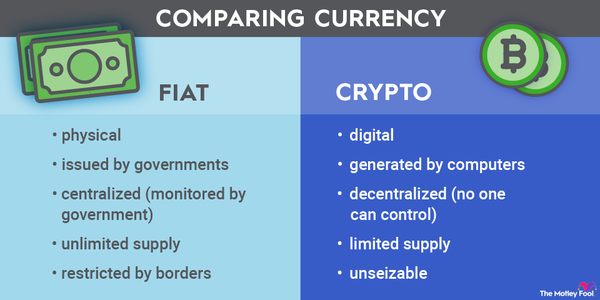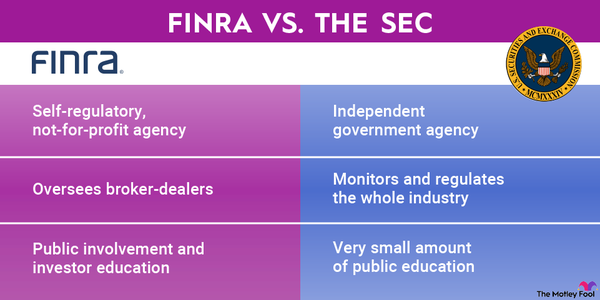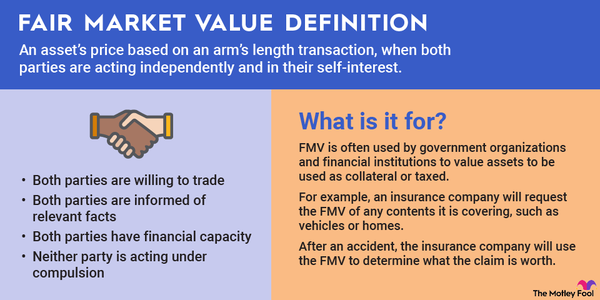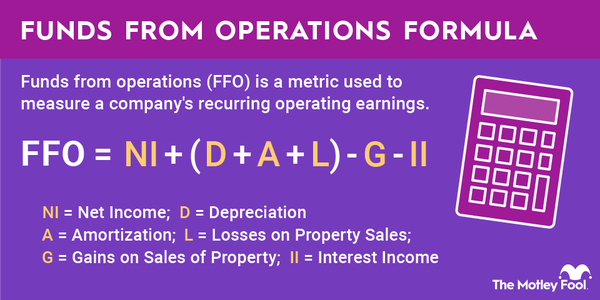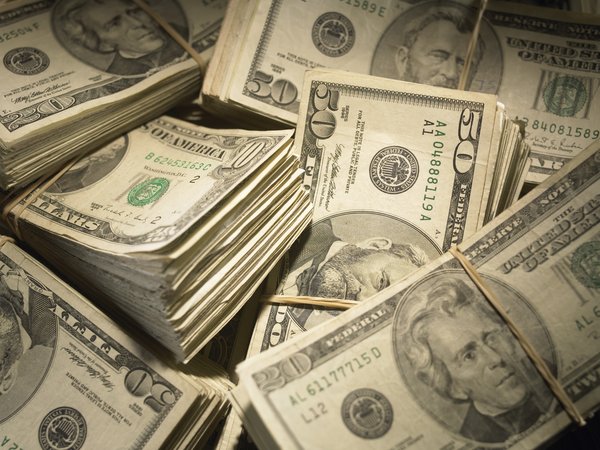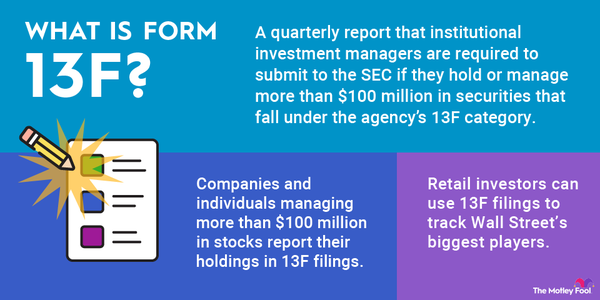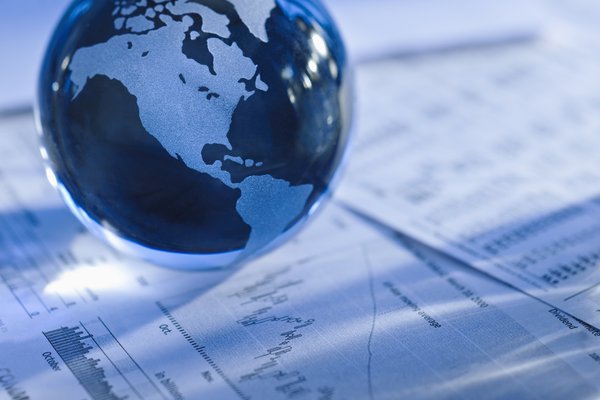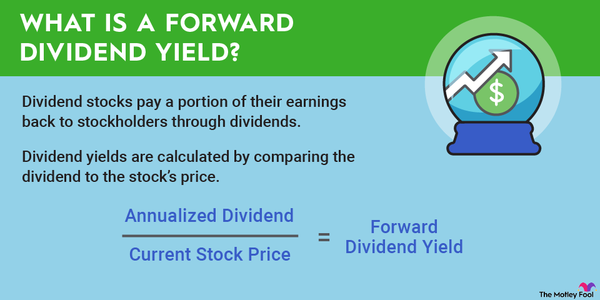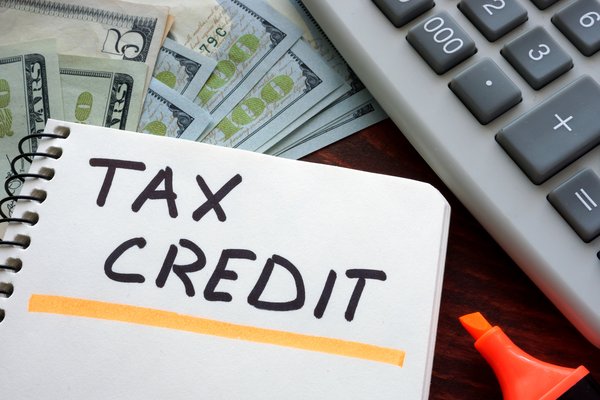Free cash flow yield helps determine how efficiently a company turns revenue into cash that it can use for dividends, investments, or debt repayment. In this article, we'll break down what free cash flow yield is, why it matters, and how you can calculate it to help make smarter investment decisions.
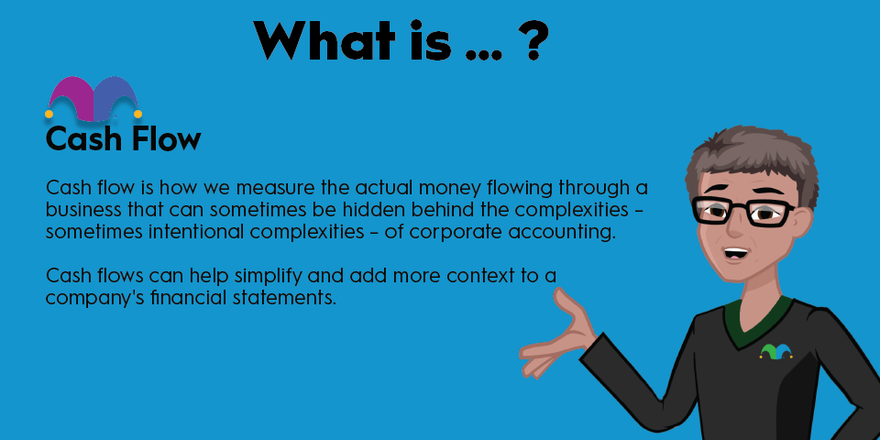
What is it?
What is free cash flow yield?
Free cash flow is the cash a company has left over operational and capital expenditures. Free cash flow yield is a financial metric used by investors to measure a company's ability to generate free cash flow relative to its market value, providing a percentage that helps investors understand how much cash the company generates relative to its size. This can be especially useful for evaluating whether a stock is undervalued or overvalued.
The formula for free cash flow yield is pretty simple:
Free Cash Flow Yield = (Free Cash Flow / Market Capitalization) * 100
If a company generates $400 million in free cash flow is worth $8 billion (market capitalization), its free cash flow yield would be 5%.
Why it matters
Why does free cash flow yield matter?
Free cash flow yield helps investors determine if a stock is undervalued or overpriced. A high yield suggests the stock might be undervalued, offering a buying opportunity, while a low yield could indicate overvaluation. It's a great measure to gauge the stock's potential based on its ability to generate cash and a good gauge of how much money is on hand.
Companies with strong free cash flow can reward shareholders through dividends or share buybacks, making them attractive to income-focused investors. These businesses have more flexibility to manage debt or invest in growth, such as funding new technologies. That freedom can help boost and sustain their long-term financial health.
How to use it
How to use free cash flow yield
There are several ways you can use free cash flow to make informed decisions as an investor.
Compare across industries
Free cash flow yield can vary by industry, so it's important to compare companies within the same sector. Some industries need to have more spare cash lying around than others.
Tech companies, for example, might have lower free cash flow yields because they reinvest heavily in growth. However, utilities might show higher free cash flow yields as they have a steady, cash-generating business model.
Look for consistency
It's not just about looking at one year of high free cash flow yield; as an investor, you want to see consistency. Search for companies that consistently generate free cash flow over multiple years. This consistency often signals good management, a strong business model, and, possibly, that the company is undervalued.
Use alongside other metrics
While free cash flow yield is an important tool, don't rely on it alone without utilizing other forms of analysis. Combine it with other metrics like price-to-earnings (P/E) ratios or return on equity (ROE) to get a fuller picture of a company's financial health and its true valuation.
Related investing topics
Example
How free cash flow yield is used: Apple stock buyback
For an example of how this works in the real world, let’s take a look at Apple (AAPL 1.88%), one of the biggest companies in the world.
In 2022, Apple generated around $111 billion in free cash flow, which we now know is the cash left over after paying all expenses. At the same time, the total value of all its shares was about $2.6 trillion, giving it a free cash flow yield of 4.27%.
The 4.27% free cash flow yield shows that Apple generated a solid amount of cash compared to its overall market value. While the yield isn't extremely high, it was still impressive for such a large company.
For investors, this showed that Apple had plenty of cash to pay dividends, buy back its own stock, or invest in new products and technology. In 2022, Apple used its free cash flow to repurchase over $90 billion worth of its shares, rewarding its shareholders and increasing the value of Apple stock.


